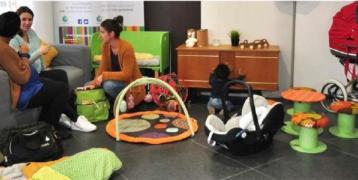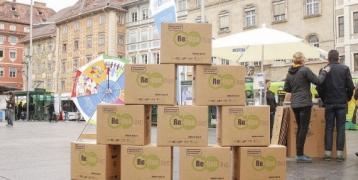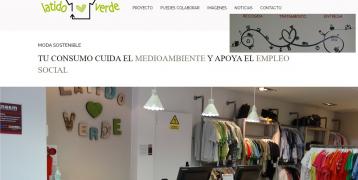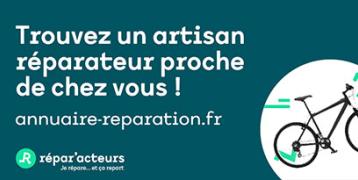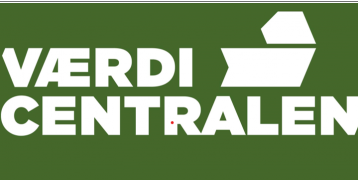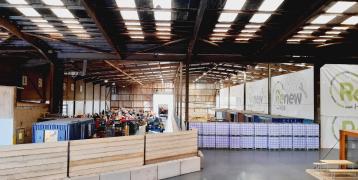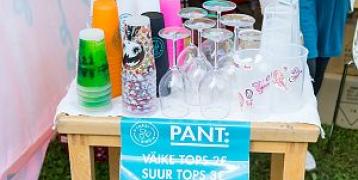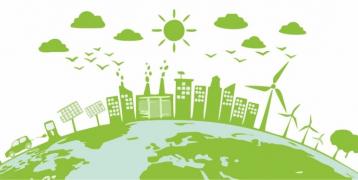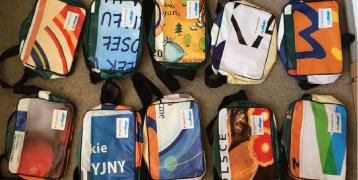Reuse and repair in a circular and social economy
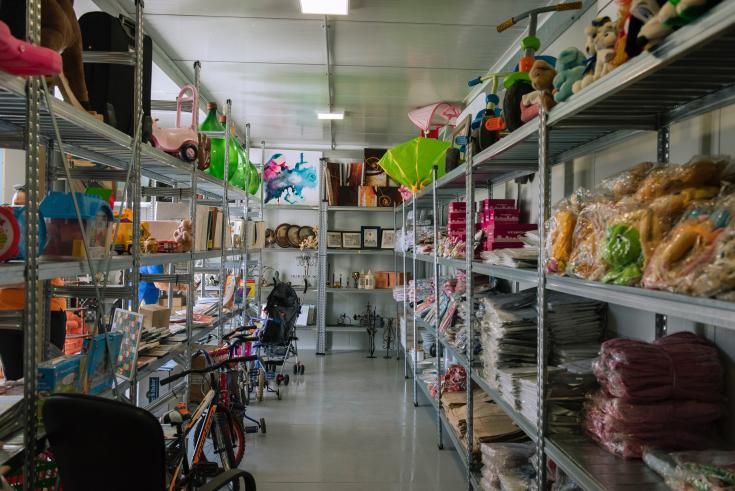
The linear ‘take, make, use, and dispose’ economy is driving the climate emergency. Extraction and processing of natural resources make up half of the total global greenhouse gas emissions and over 90% of water stress and biodiversity loss impact, according to the International Resource Panel. Product re-use and repair are the building blocks of circular economy, which can contribute to climate change mitigation by preventing resource depletion, diverting products and materials from landfills and incineration (therefore preventing associated emissions), and reducing energy demand.
Activities at the top of the waste hierarchy also have a positive social impact, such as high job creation and employment of people struggling to find jobs. That is because activities necessary to extend the lifespan of products are labour-intensive.
For example, in the re-use sector, these include:
- Reception of goods (identification, first quality checks, sorting)
- Storage and logistics (adequate transport and handling, dismantling, storage of surplus merchandise)
- Restoration (dismantling, cleaning, repair, functionality checks)
Data from RREUSE show that a social enterprise active in re-use and preparation for re-use today creates on average 70 jobs per 1,000 tonnes collected with a view of being re-used. Moreover, most social enterprises employ between 45% and 80% disadvantaged groups in their operations.
This policy brief provides an overview of EU initiatives that local and regional authorities can refer to for boosting their circular economy transition and introduction of various repair and reuse schemes in compliance with the EU Directives.
It also presents a selection of Interreg Europe good practices and EU-funded projects of particular interest, with a high degree of replicability and adaptability to other municipal contexts.
Policy brief on reuse and repair in a circular and social economy
Featured good practices
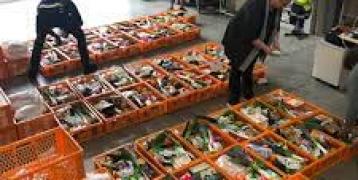
Foodsavers
